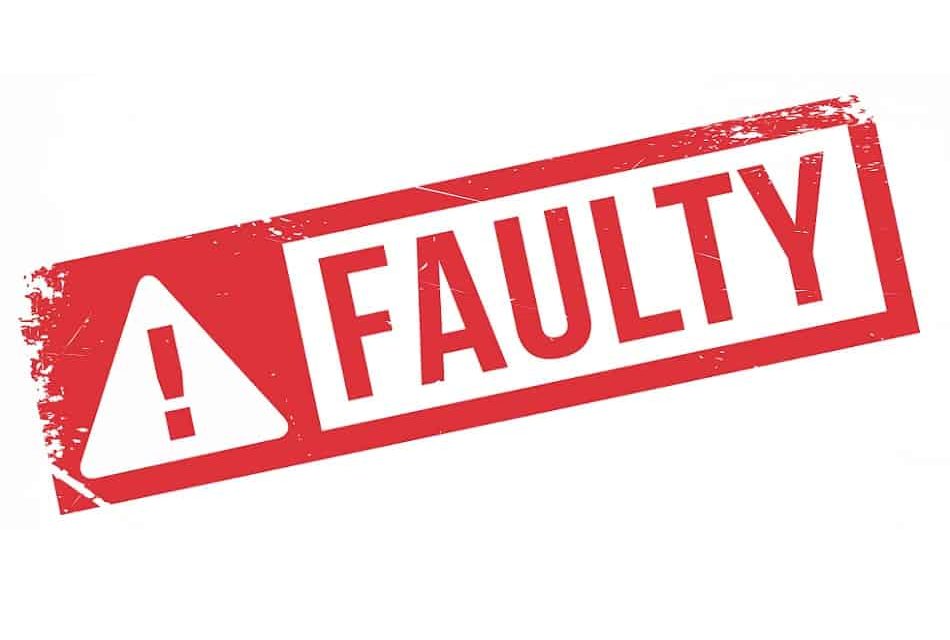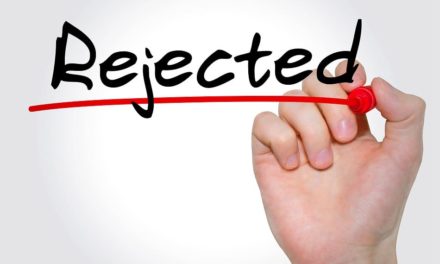When a Journal Editor Claims Your Research Is Faulty
Among the many different criticisms that an academic or scientific author can receive from an acquisitions editor, surely the most deflating is the claim that his or her research methods or analyses of the evidence or findings are faulty. This sort of criticism generally results in a rejection from a scholarly journal or press. Only occasionally will an editor explain in such a context that changing your methodology or reassessing your conclusions might earn you successful publication. However, the very fact that the editor took the time to offer commentary despite what he or she considered serious errors holds out some hope. The difficult question is whether to pursue that hope or move on to other possible publication venues.
Only once you understand exactly what is considered faulty about your work will you be able to decide how to proceed with your publication plans. You may at this point decide that the criticisms are unfounded and submit your work for consideration elsewhere, but if the commentary you have received originates with peer reviewers who are experts in your field, do take their criticism very seriously before publishing your writing anywhere. Publishing your work in a scholarly journal that is not top tier may be entirely acceptable, but publishing poor research never is.
If, on the other hand, you decide that the criticism you have received is valid, at least in part, you should certainly make changes, and this is the case whether you intend to continue pursuing publication through the journal or press to which you originally submitted your manuscript or through a different one. In the first scenario, you will need to determine exactly what should and can be changed, communicate those details to the editor and ask if your writing will be reconsidered once the revisions are completed. Be sure that you weigh out the cost, practicality and limitations of any research that must be conducted again or any new research that is required, and do not promise what you cannot produce. It will usually prove easier to alter your analysis and discussion of evidence than to repeat research, but even with analyses and conclusions great care is needed: bending the evidence to suit anyone, even a peer reviewer or acquisitions editor, will not be appropriate if you compromise your scholarly integrity in so doing.
In some cases, simply providing more or less information or even arranging it differently can surprisingly resolve problems. If, for example, your research results have been labelled inconclusive, could they be presented as more conclusive by adding some of the data you deleted in the hope of brevity? Alternatively, you may have included findings that muddied the water of your argument, and these could be removed from the main discussion to increase clarity, but retained in a table, appendix or archive for those readers who are interested in more detail. Finally, always give some thought to how you are reporting your research before changing what you are reporting: ensuring that you are using language, structure, focus, comparison, narrative and other writing techniques in the ways that best present and enhance the most important aspects of your research is essential to success.
You might be interested in Services offered by Proof-Reading-Service.com
Journal Editing
Journal article editing services
PhD Thesis Editing
PhD thesis editing services
Expert Editing
Expert editing for all papers
Medical Editing
Medical Editing Services
Research Editing
Research paper editing services
Book Editing
Professional book editing services

















